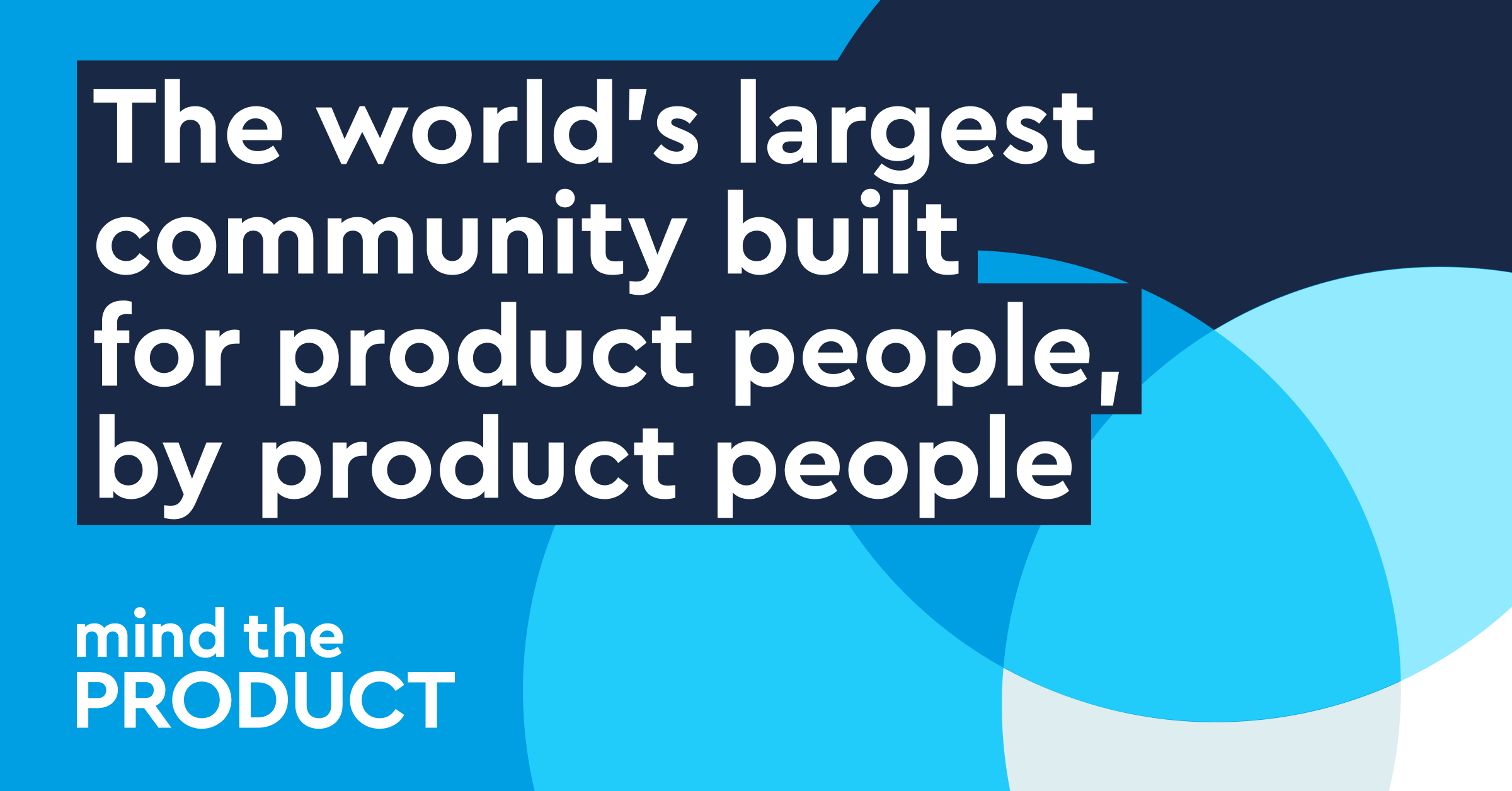How Close Is Commercial Quantum Computing?
Peter Hansen/Getty Images The recent spate of news in the quantum computing space is raising hopes that we’re finally on the cusp of broad commercial availability of this game-changing technology. Microsoft, Amazon Web Services (AWS), and Google have unveiled chips billed as major advances, while scientific journals have reported some impressive results relevant to commercial […]

Peter Hansen/Getty Images

The recent spate of news in the quantum computing space is raising hopes that we’re finally on the cusp of broad commercial availability of this game-changing technology. Microsoft, Amazon Web Services (AWS), and Google have unveiled chips billed as major advances, while scientific journals have reported some impressive results relevant to commercial applications.
To put these advances in context, we talked to Francesco Bova, an associate professor at the University of Toronto’s Rotman School of Management, chief quantum economist at its Creative Destruction Lab, and economist in residence at open-source nonprofit Open Quantum Design.
The three tech giants’ new chips all tackle the problem of error correction — “one of the real challenges to scaling a quantum computer,” Bova said. Quantum computers are very sensitive to their environment, and it’s difficult to mitigate the resulting errors.
Microsoft’s Majorana 1 chip uses a novel architecture that builds error correction directly into the physical qubit itself, Bova said, noting, “If they can realize the potential of this chip, it would lead to massive gains in terms of error correction.” AWS’s Ocelot chip also uses an architecture that helps to mitigate errors; Bova characterized work on the technology as very early stage but nonetheless an impressive achievement. Google is doing something a bit different with its Willow chip. “One of the issues is that as we aggregate qubits, they’re all noisy” — and the increased noise is often more than the sum produced by individual qubits, he explained. The advance with Google’s chip is that the error rate of the logical qubits began to decrease as the number of qubits was increased.
“These are very novel approaches pushing the science forward in very distinct ways; as a scientist, it’s wonderful to see,” Bova said. “It feels like the pace of innovation has really picked up.”
Bottom line: While the Big Tech players see a fault-tolerant quantum computer emerging sometime around 2030, Bova is cautious. “These are significant milestones, but there’s still a lot of work left to do,” he said. However, businesses in sectors with much to gain from quantum — including finance, automotive, and pharmaceuticals — are getting ready for the technology despite the uncertain timeline, and their efforts are generating near-term benefits. “Simply by experimenting with quantum, companies are generating or deriving quantum-inspired algorithms that can be run in their classical hardware, ... for example, to make our simulations more efficient or solve intractable optimization problems,” Bova said.

















































































































































